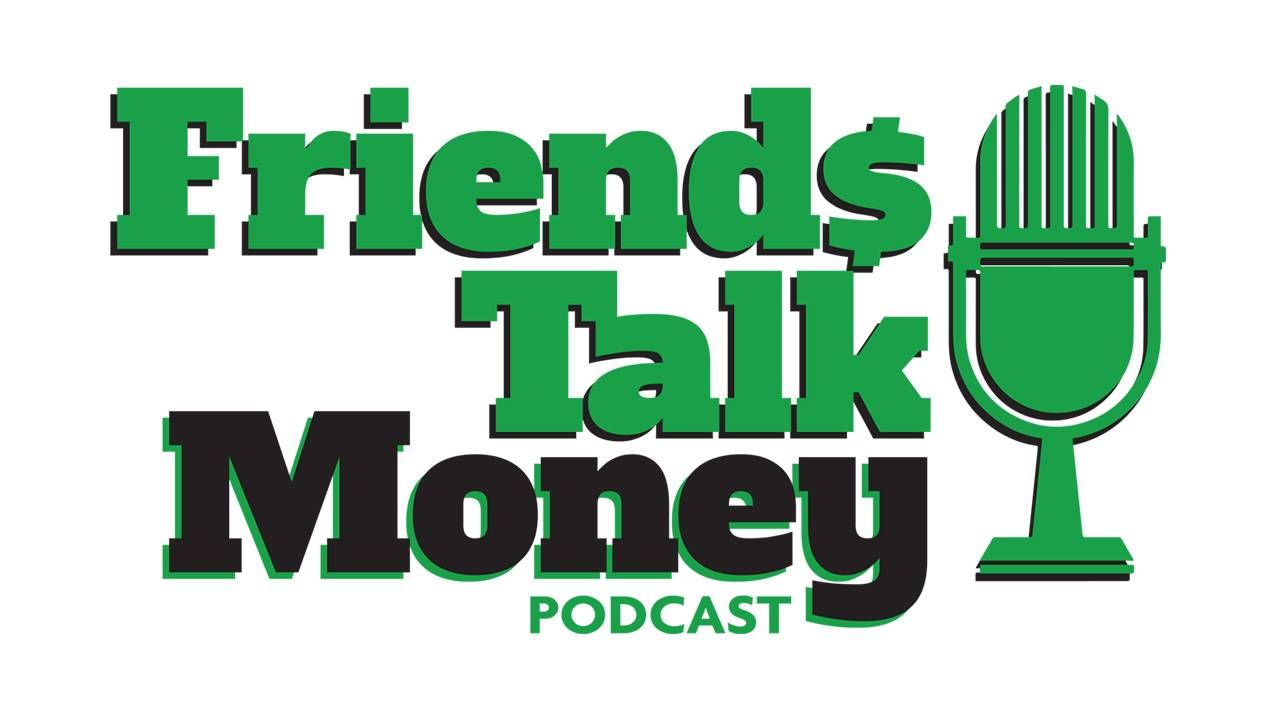Tax Tips for Filing Your 2020 Return
The "Friends Talk Money" podcast hosts share advice for a doozy of a tax season
Every tax-filing season seems full of complexities and consternation. But the one we're now in is especially fraught, due to the pandemic: Stimulus checks. Unemployment benefits. Working from home tax issues. New COVID-19 rules for 401(k) and Individual Retirement Account (IRA) hardship withdrawals and loans. Frankly, it's all pretty taxing.

That's why my "Friends Talk Money" podcast co-hosts Terry Savage, Pam Krueger and I just released a new episode with advice for 2020 taxes. And we got help from Wendy Barlin, Los Angeles CPA and tax strategist at the About Profit tax and accounting advisory firm. (You can listen to the episode wherever you get your podcasts or at the end of this article.)
"If you received a stimulus check, that's all tax-free income."
Barlin's cautionary tip, due to the pandemic: "Even if you have the most basic return, it is still likely you won't see your refund in five days [typical time for banks to deposit refunds in customer accounts], as you have in prior years."
COVID-19 Stimulus Checks and Taxes
Savage, the nationally syndicated personal finance columnist and author of "The Savage Truth on Money," laid out what you need to know about taxes and any COVID-19 stimulus checks you received (or should have received).
"If you received a stimulus check, that's all tax-free income," Savage explained. "It does not get reported anywhere on your 2020 tax return."
But if you didn't get the stimulus check you were due — technically known as an Economic Impact Payment — or got a smaller one than you should have, Savage said, you can claim it as a refundable tax credit on line 30 of the Form 1040 or the 1040-SR (for people 65 and older.) The tax form calls it "recovery rebate credit."
"The sooner you file, the sooner you'll get the money back," Savage added.
Free Tax-Filing Assistance
It's especially important to file your return electronically. That will help you get any stimulus refund faster than if you file a paper tax return.
If your 2020 income was under $72,000, Savage noted, you can file your return fee electronically using the Internal Revenue Service (IRS) Free File program.
The IRS also offers free one-on-one tax filing assistance and advice through its Volunteer Income Tax Assistance (VITA) and Tax Counseling for the Elderly (TCE) programs. VITA is for taxpayers who generally make $57,000 or less or have disabilities or are limited English-speaking. The TCE service is geared to taxpayers 60 and older and specializes in questions about pensions and retirement-related issues.
COVID-19 Hardship Withdrawals
Krueger, co-host of MoneyTrack on public television and founder of Wealthramp.com, offered advice for anyone who took advantage of the 2020 CARE Act's rules offering more flexibility for people taking 401(k) or IRA hardship withdrawals due to COVID-19.
"The CARES Act allowed you to withdraw as much as a hundred thousand dollars from any 401(k) or IRA without having to pay the early-withdrawal penalty," Krueger said. That's the 10% tax penalty for people under 59 ½.

"But don't forget," Krueger said, "you still have to pay tax on that early withdrawal. The good news is that the CARES Act says you have up to three years" to pay those taxes.
Working From Home and Your Taxes
What about people who were employees in 2020 but had to work from home due to the pandemic?
"There is no home-office deduction allowed for them under the current law," said Barlin. "Unfair? Absolutely!"
And what if you had to buy, say, an office chair so you could do your work from home for your employer? Can you deduct that? Sadly, no.
"That line item on the tax return used to be there three or four years ago. It was called employee business expenses," said Barlin. "It was expenses you incurred to do better at your job — whether it was for a chair or to go to a meeting or an education class. That line has gone away."
The CARES Act also changed the rules for deducting charitable contributions and you'll want to know about them for your 2020 return.
You can, however, write off a home office if you were a freelancer or had a side business from there.
The CARES Act also changed the rules for deducting charitable contributions and you'll want to know about them for your 2020 return.
New Charitable Contribution Write-offs
"Previously, charitable contributions could only be declared as an itemized deduction," Barlin said. But for your 2020 return, you can write off up to $300 in cash contributions to charities (for 2021 returns, it will up to $600 for married couples filing jointly) regardless of whether you itemize.
Finally, if your income in 2020 was less than in 2019 due to the pandemic, you may find yourself able to claim some write-offs you couldn't before. That's because some tax credits and deductions phase out or are eliminated if your income exceeds certain thresholds.
You might also be in a lower tax bracket for 2020 than 2019 because you earned less money last year. So, there might be some tax relief coming your way when you file your return. Thursday, April 15 — Tax Day — is right around the corner.


